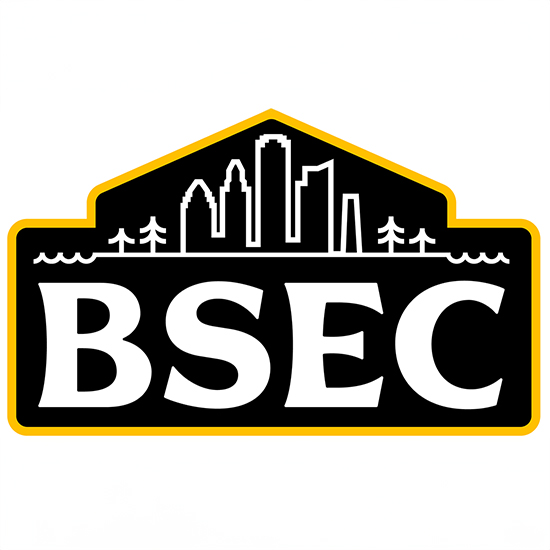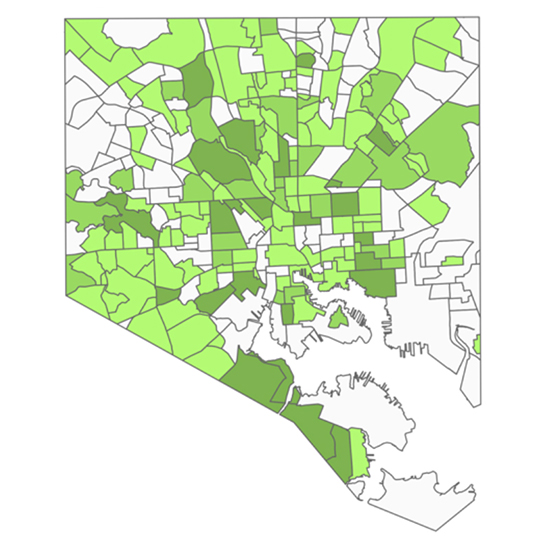BSEC January 2025 Quarterly Research Update
Over the past several months, most BSEC research theme teams have focused on data analysis and model evaluation related to summer data collection. This has included substantial studies of the air pollution, extreme heat, and vegetation datasets collected in collaboration with Equitable Pathways Steering Committee (EPSC) members and other community organizations.



